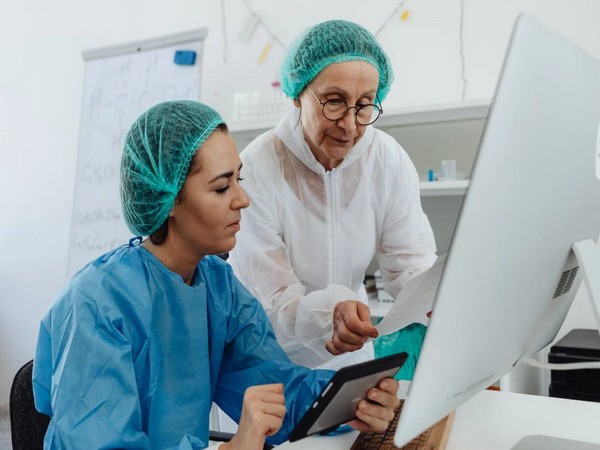A recent study presented at the Radiological Society of North America (RSNA) annual meeting suggests a potential way to restore the sense of smell in long COVID sufferers using a minimally invasive procedure guided by imaging techniques.msm ams fna sndosms
COVID-19 often leads to parosmia, a condition where the sense of smell becomes distorted or lost. While most patients recover their sense of smell over time, a significant portion—up to 60%—experience persistent issues, affecting their quality of life by impacting appetite and enjoyment of food and drinks.
Dr. Adam C. Zoga, the lead author of the study and a professor at Jefferson Health in Philadelphia, highlighted the growing recognition of post-COVID parosmia. This condition can cause an aversion to previously enjoyed smells and even create a perception of odors that aren’t present, known as phantosmia.
To address this, researchers investigated the use of CT-guided stellate ganglion block as a potential treatment. The stellate ganglia, part of the autonomic nervous system, are located on either side of the neck and play a role in regulating various bodily functions.
The procedure involves injecting anesthetic directly into the stellate ganglion on one side of the neck, stimulating the regional autonomic nervous system. It’s a brief, less-than-10-minute process that doesn’t require sedation or intravenous medication. While this technique has been used for conditions like cluster headaches and cardiac issues, its application for parosmia was uncertain.
The study involved 54 patients with persistent post-COVID parosmia despite other treatments. Using CT guidance, a needle was precisely positioned to administer the injection into the stellate ganglion. A small amount of corticosteroid was combined with the anesthetic to address potential nerve inflammation caused by the COVID virus.
The initial results were promising, with the first patient experiencing significant improvement almost immediately, progressing to complete resolution within four weeks. Follow-up with 37 patients showed that 59% experienced improved symptoms after one week, and 82% of these patients reported substantial ongoing improvement after one month. At the three-month mark, these patients showed an average 49% improvement in symptoms.
For 26 patients who received a second injection on the other side of the neck after six weeks, 86% reported additional improvement if they had responded positively to the first injection. Importantly, no adverse events or complications were reported.
Dr. Zoga emphasized the efficacy of this injection, especially considering the lack of success with other treatments for post-COVID parosmia.
(Inputs from ANI)














